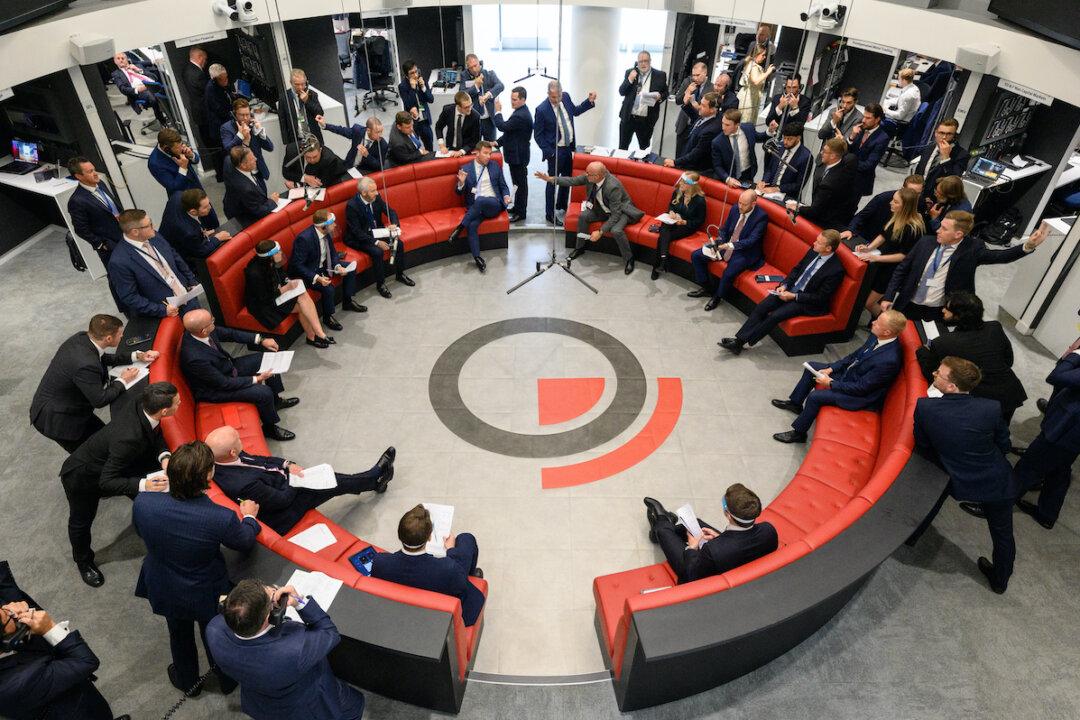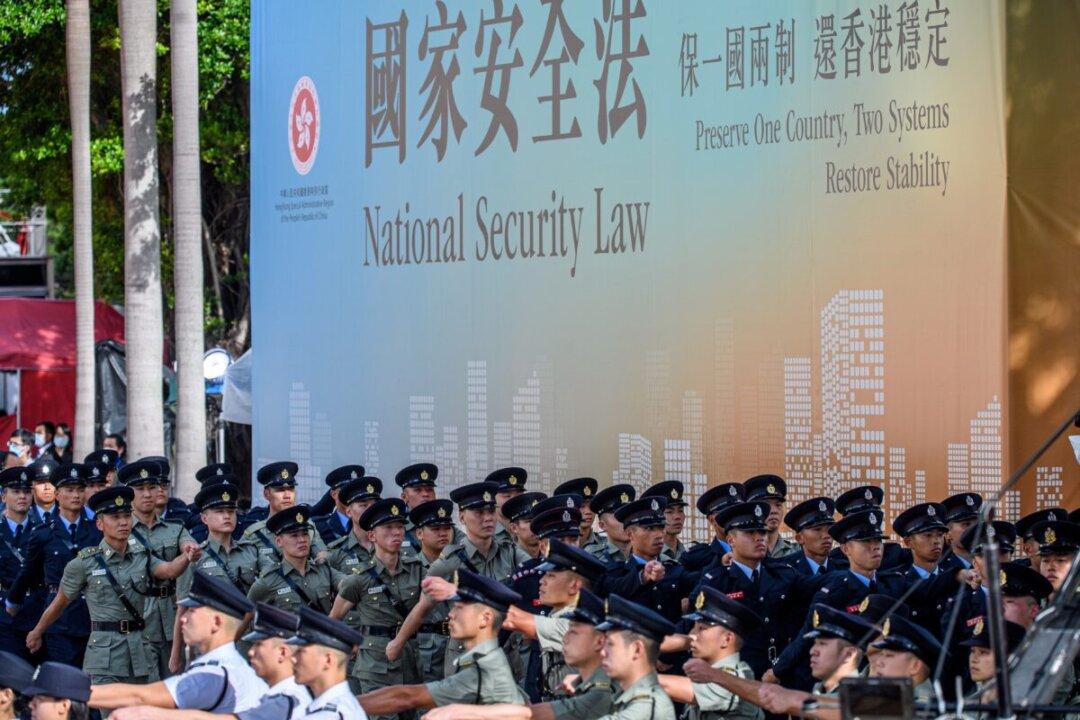Chinese authorities recently shut down a number of social media accounts belonging to self-media enthusiasts who focus on the military. Analysts believe Beijing is trying to prevent national security leaks amid escalating tensions in the Indo-Pacific.
China’s popular military forum “Super Base Camp” announced it will permanently close four sections discussing military equipment on March 23, including those related to the navy, air force, ground forces, and new concept weapons. Subsequently, WeChat public accounts such as “Sina Military, Crazy Warfare Show,” and Tencent “Military Lecture Hall” were all closed. On March 30, a well-known political and current affairs forum “Cat Eye Observer” was also shut down.





